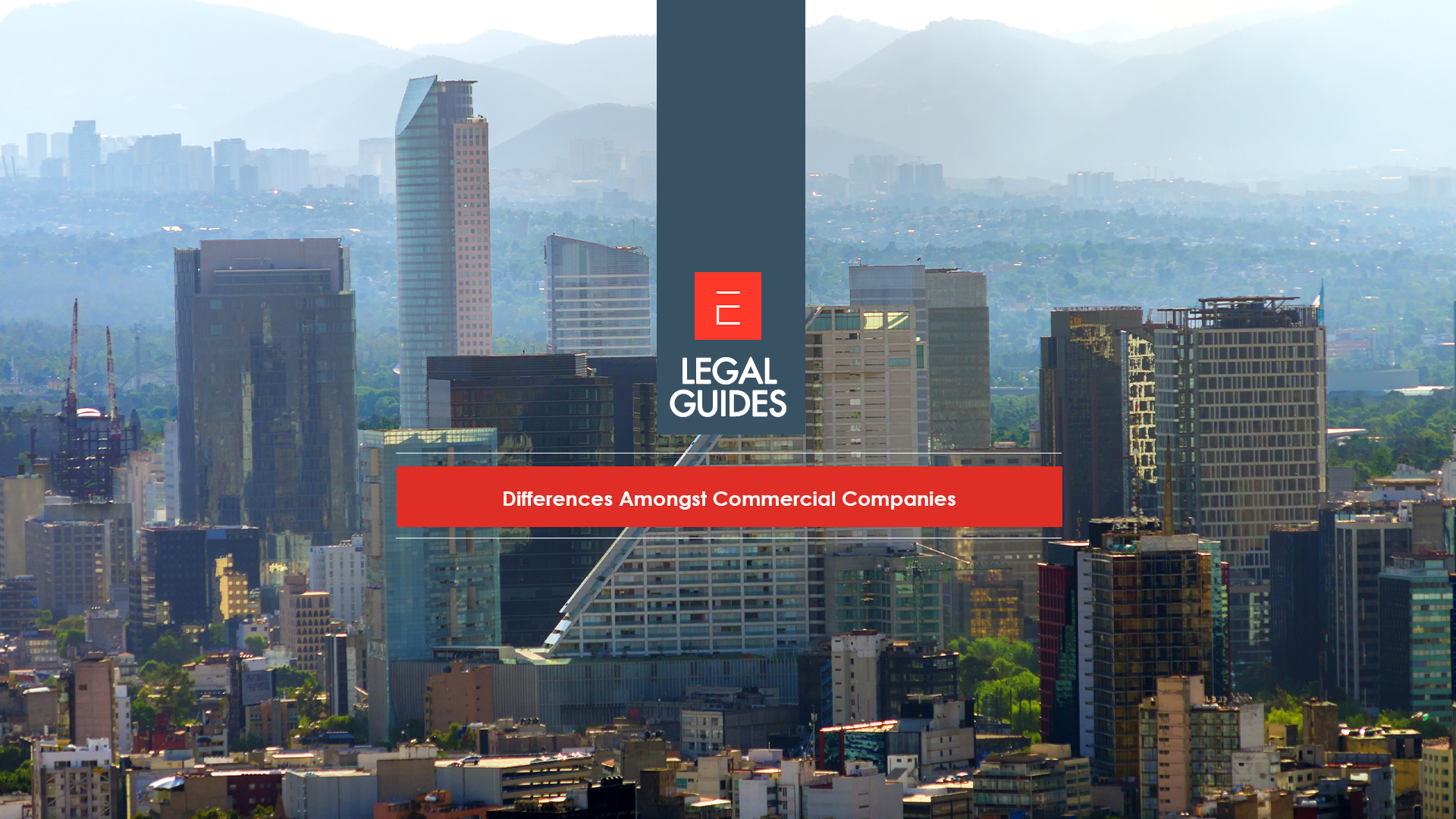
Differences Amongst Commercial Companies
The document is a legal guide prepared by ECIJA that explains the main differences between various types of commercial companies in Mexico, as well as other relevant legal aspects for businesses. ECIJA, a leading Ibero-American law firm, provides a detailed comparative analysis and comprehensive advice to help businesses understand and comply with local regulations.

-
Actualización
20.02.24 -
Aprobó
Elena Rueda -
Formato
PDF -
Idioma
English
Overview
- Verification of requirements for the importation and commercialization of products in Mexico.
Key Points
Types of Commercial Companies
- Corporation (S.A.):
- No limit on shareholders.
- Capital divided into shares.
- Transfer of shares by endorsement of certificates.
- Administration entrusted to a Sole Administrator or a Board.
- Minority rights to appoint directors and commissioners.
- Possible restrictions on corporate rights.
- Limited Liability Company (S. de R.L.):
- Limit of 50 partners.
- Capital divided into social parts.
- Transfer of social parts requires approval from the partners' assembly.
- Optional supervisory body.
- Administration entrusted to a Sole Manager or a Board of Managers.
- Corporate rights cannot be restricted.
- Investment Promotion Corporation (S.A.P.I.):
- No limit on shareholders.
- Capital divided into shares.
- Transfer of shares by endorsement of certificates.
- Administration entrusted to a Board.
- Minority rights to appoint directors and commissioners.
- Possible to acquire its own shares.
- Possible restrictions on corporate rights.
Foreign Investment
- Generally, no authorization is required for foreign investment to participate in a Mexican company, except in certain activities that are limited or excluded by law.
Industrial and Intellectual Property
- Protection of trademarks, patents, industrial designs, utility models, and copyrights before IMPI and INDAUTOR.
Permits, Licenses, and Authorizations
- Verificación de requisitos para la importación y comercialización de productos en México.
Labor Aspects
- Evaluation of labor aspects for employees to be hired.
- Compliance with labor and social security regulations.
- Implementation of risk assessment and prevention systems.
- Preparation of Internal Work Regulations, code of conduct, and labor protocols.
Regulatory
- Compliance with regulations on corporate social responsibility, human rights, consumer protection, anti-money laundering, anti-corruption, and data privacy.
Fiscal and Accounting
- Compliance with accounting, tax, and administrative obligations.
- Obtaining RFC and electronic signature.
- Opening a bank account and filing tax returns.
Conclusion
ECIJA’s guide for understanding the differences between commercial companies in Mexico offers a clear and detailed approach for businesses wishing to choose the most suitable legal structure for their operations. With a well-defined comparative analysis and the support of an expert legal team, ECIJA ensures that clients can make informed decisions and comply with all relevant local regulations.


